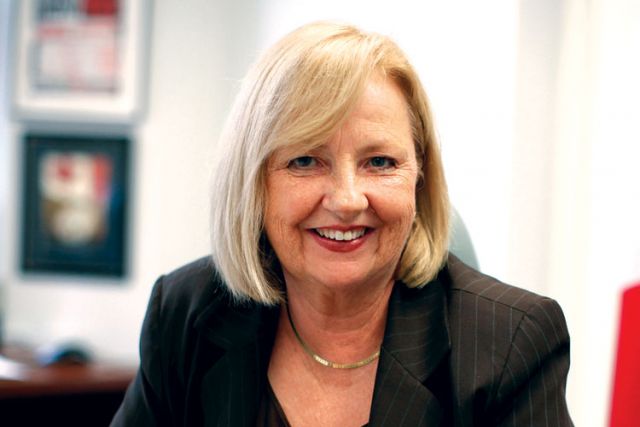The MP was responding to a leaked copy of a draft policy statement from Amnesty International that favours decriminalization of prostitution. An expert on human trafficking, Smith called on the international organization to “reconsider” its position that purchasers of sex are “exercising their autonomy” and should be “free from government interference.”
“We need to recognize prostitution for what it is,” said Smith. “It is inherently harmful to women and girls and therefore must be eliminated. Legalization is the wrong approach.
“Amnesty International has built its reputation on advocating for victims around the world,” she said. “Why is Amnesty International abandoning victims now?”
A spokeswoman in the organization’s Toronto office said the document was still being developed and “no position has yet been taken.” A focus of the policy will be protection of the human rights of sex workers, said Beth Berton-Hunter in an email. She said a policy statement should be ready later this year.
A statement from Amnesty International’s headquarters in London said: “No decisions have been made and any representation of the current proposal as an Amnesty International policy is misleading.”
The draft document says the criminalization of voluntary sex between adults, “whether for direct monetary gain or otherwise, threatens the rights to health, non-discrimination, equality, privacy and security of person.” It advises using neutral terms such as “sex work” instead of prostitution and urges an attack on the structural causes of poverty that might make someone choose prostitution.
Canada’s prostitution laws were struck down by the Supreme Court in December. But the court stayed the decision one year to allow Parliament to draft new laws that comply with Canada’s Charter of Rights. Smith is advocating for laws that target those who buy sex or victimize women in the sex trade.
Although the Amnesty International draft document opposes sexual exploitation of those under 18 years old, Smith said age is the crux of the problem.
“The vast majority of sexually exploited victims are under-age, lured by pimps with promises of lavish and extravagant lifestyles,” Smith said. “The modern-day slave trade is defined by these vulnerable victims, who come of age, with little hope of escape from their traffickers.
“Worldwide, we must ensure pimps and purchasers of sex remain severely sanctioned and prostituted women and girls are not criminalized,” Smith said. “Instead, they must be given meaningful escape routes from their traffickers to regain their lives and dignity.”
The Amnesty International document attacks conflating “sex work” with human trafficking because it “leads to policies and interventions which undermine sex workers’ sexual autonomy.”
Smith accused Amnesty International of “deliberately ignoring mounting empirical evidence about the harm against women” and said the organization will be on “the wrong side of history and women’s equality.”
The Amnesty International draft is also under fire from groups representing survivors of human trafficking.
“It was shocking for us to see Amnesty’s suggestion that it is a ‘human right’ for well off, powerful (mostly white) men to purchase the bodies of the younger, poorer and more vulnerable,” said a statement from Sex Trafficking Survivors United. “We found it especially cruel that Amnesty says prostitution is a choice.”


